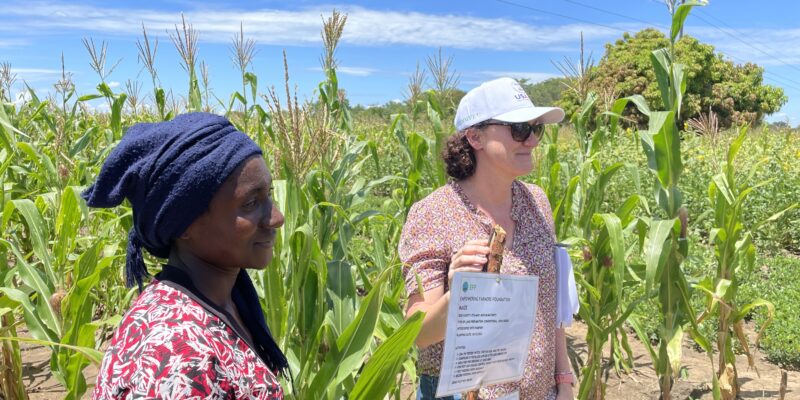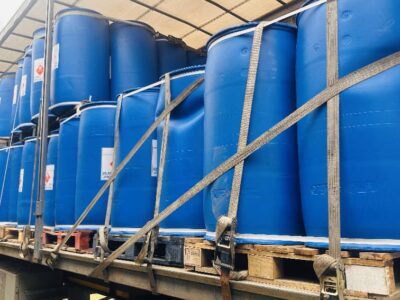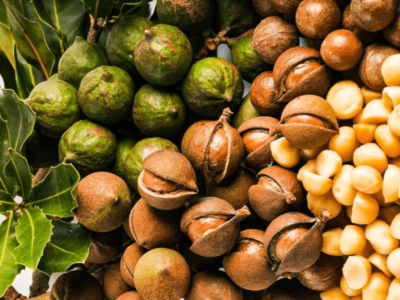The American government has announced an investment of more than US$20 million this year in funding agriculture, environment and climate adaptation activities in Zambia.
U.S. Ambassador to Zambia, Michael Gonzales, said the initiatives in Zambia included capacity-building for smallholder farmers and enhancing agricultural productivity.
Gonzales stated it also aimed to promote sustainable land management to empower Zambians to combat food insecurity.
He said his government had expanded its Feed the Future programme to Zambia to enable the country to harness the power of agriculture and drive economic growth.
“This is also meant to transform food systems to improve people’s lives in Zambia and the region,” Gonzales stated.
He said the Feed the Future programme increased soybean and groundnut yields by promoting conservation agriculture activities and promoting the use of improved seed varieties, which expanded the variety of foods consumed by Zambians.

The ambassador assured that his government would continue working directly with farmers to improve productivity, nutrition and livelihoods.
He said this would be done while the Millennium Challenge Corporation and government finalized plans on a massive grant to support agriculture-related infrastructure.
“But, we must also work closely with the Zambian government on reforming laws, policies, and practices that continue to block the private sector both Zambian and foreign from investing in agriculture and agro-processing,” Gonzales stated.
He noted that it was accountable private investment that would create jobs and drastically increase national productivity.
Read More: World Bank approves $40 million climate grants for Zambia, other African countries
Gonzales said this when a U.S. government food security delegation traveled to Mpongwe, Kapiri Mposhi and Kabwe districts.
A high-level U.S. government food security delegation visited Zambia from March 11 to March 16, 2024, to engage with government and assess ongoing climate-smart agriculture assistance during the current El Niño-induced drought.
Deputy Assistant Administrator for the U.S. Agency for International Development’s Resilience, Environment and Food Security Bureau, Ann Vaughan, led the delegation, which included the Bureau’s Chief Scientist and the Deputy Director of its Center for Agriculture.
The delegation observed key practices that had increased resilience during the current drought, including crop diversification, planting drought-tolerant or early maturing seed varieties, conservation agricultural techniques including water retention techniques and utilization of climate information services.
WARNING! All rights reserved. This material, and other digital content on this website, may not be reproduced, published, broadcast, rewritten or redistributed in whole or in part without prior express permission from ZAMBIA MONITOR.












Comments